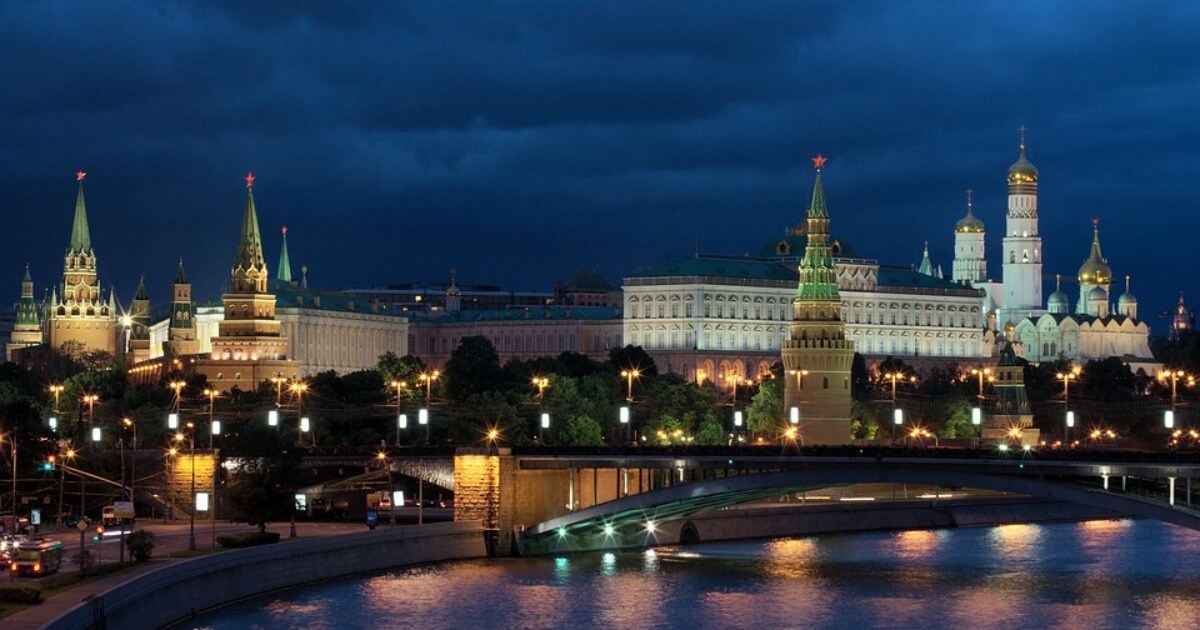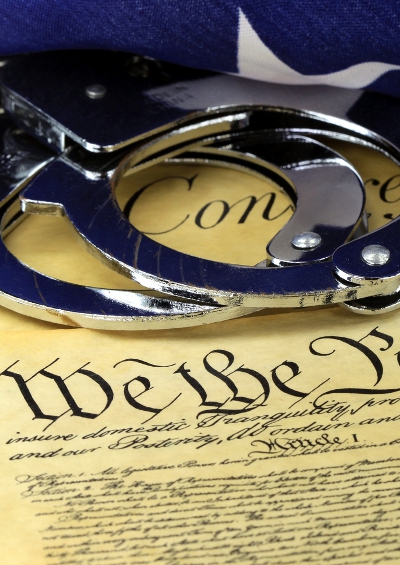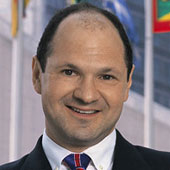What Stock Markets Tell Us About Russia
If economy is king, then Russia may be weaker than it seems.
August 18, 2014

I can certainly understand Vladimir Putin’s frustration. I am sure he expected world financial markets to swoon in panic — and gold and other safe-haven investments to skyrocket — after he announced the annexation of Crimea in March.
But it didn’t work out that way. There were a couple of short-lived dips in the Dow Jones Industrial Average in March and April. But they were more closely correlated with U.S. Federal Reserve policy moves than with anything Mr. Putin had done.
Since then, there has been a relentless ascent to fresh all-time highs. Even a more recent drop in July has not been frightening and represents a natural bout of profit-taking after a very robust rally.
How to explain that markets are unperturbed by the shenanigans conducted by a former superpower? Well, America is far away.
Maybe we should look at Europe then? Indeed, the Stoxx index of 600 European blue chips fell between early July and early August, losing 10% of its value. But that’s hardly indicative of a panic. European stocks are up nearly 60% since the eurozone crisis moved out of its acute stage in late 2011.
Russia: An economic dwarf
The truth is that Russia, to Mr. Putin’s chagrin, is not a modern economic power. Its economy is worth around $2 trillion, but the United States and the European Union together make up nearly 40% of world GDP, compared to Russia’s 2%. Without oil and gas, far less than that.
In early August, Mr. Putin banned imports of all agricultural and food products from countries that imposed sanctions on Russia, including the EU.
Surely that was a major blow. After all, half of all European agricultural exports went to the Russian market. Or was it? In 2013, the EU exported to Russia less than $7 billion worth of agricultural products.
Even if no other markets for those products are found, the sum represents less than 0.05% of Europe’s GDP. Annual price fluctuations cost European farmers more than the total ban on exports to Russia.
Moreover, Mr. Putin chose the worst time to hit farmers – if that was his intention. Food prices have been elevated and farmers have had a number of fat years. Moreover, technology has allowed farmers to raise yields, while financial markets provide hedges against adverse weather conditions and price fluctuations.
Energy alternatives
True, Russia is a major oil exporter. It supplies world markets with around 7 million barrels a day, which is second only to Saudi Arabia. Russia’s exports represent around 10% of world supply.
Russia also supplies around 30% of Europe’s natural gas, and countries in Eastern Europe and others like Greece and Germany have an even heavier dependence on its supplies. A disruption in energy supplies could lead to a sharp increase in oil prices and could keep the Europeans shivering next winter.
But, once again, the timing for Mr. Putin to start an energy war is not propitious. After 15 years of high energy prices, new sources of supply are popping up everywhere.
If worse came to worst, a spike in fossil fuel prices could only accelerate the shift to renewable wind and solar power, which Northern Europe is undertaking in any case.
On the other hand, an energy war is not something Russia can easily afford. Its energy exports – half of which go to Europe – represent 30% of its GDP and taxes on such exports account for 50% of federal budget revenues. Cutting oil and gas sales to Europe would push Russia into bankruptcy within three months.
Not surprisingly, oil prices dropped some 10% in recent weeks and are now close to their six-month lows.
Russia talking up war
But what about the actual war? For the past six months, talk in Russia has been remarkably bellicose. Just the other day, Vladimir Zhirinovsky, the head of the – obviously mislabeled — Liberal Democratic Party, the third-largest in the State Duma, announced that the decision on whether there will be World War III has been made in the Kremlin and that, if the war comes, the Baltic States and Poland will be annihilated.
Should this talk scare investors? During the Cold War, the Soviet Union and its allies had an overwhelming advantage in tanks and military personnel in Europe. Its forward armored divisions, deployed to East Germany and other Warsaw Pact nations, threatened all of Western Europe. It was a NATO assumption at the time that an invasion by conventional forces could not be stopped.
Things have changed dramatically. Now, NATO — including the United States — has gained an overwhelming superiority over Russia in every aspect, ranging from a tenfold advantage in the air to a 2.5 times larger number of tanks. NATO soldiers are professional, well-trained, dedicated and battle-hardened in Iraq and Afghanistan.
In Russia, on the other hand, experts note lack of motivation and discipline, poor training and hatred for superior officers. Despite all the glitz and show put on at Ukraine’s border, in reality thievery, graft and corruption, which deeply permeate Russian society, are all even worse in its military.
And then, there is the difference in the quality of armaments. The United States has been spending heavily since the early years of Ronald Reagan’s presidency to upgrade and modernize its weaponry. Russian soldiers still use armaments developed by the Soviet Union. That puts NATO two generations ahead in most military hardware.
Nuking the market
In short, international investors can be forgiven if they dismiss Mr. Putin’s threats of taking on NATO on the battlefield. If he actually follows through, let us not be duped by the voices of the military industrial complex in Washington that never wants to miss an opportunity to push defense sales even higher. NATO would make short work of the Russian Army.
And yet, at least in one respect, Russia remains a superpower. The number of its nuclear warheads may be smaller than the combined arsenal of the United States, Britain and France. And Russia’s means of delivery may be obsolete. But with 7,900 warheads Mr. Putin has enough firepower at his fingertips to destroy life on earth many times over.
As long as we are talking economics and conventional warfare, there is no reason for world financial markets to panic. But the moment talk shifts to nuclear confrontation — and in recent weeks Russia has been talking of an all-out confrontation — we’ll see investors run for cover.
Takeaways
#Putin expected to shock world markets with recent moves. Stock markets are not running scared.
#Russia is an economic dwarf, accounting for just 2% of global GDP. Without oil and gas, far less than that.
#Putin could hoard oil and gas to get his way, but he would hurt #Russia much more than #Europe.
Read previous

An End to Presidential Term Limits?
August 16, 2014
